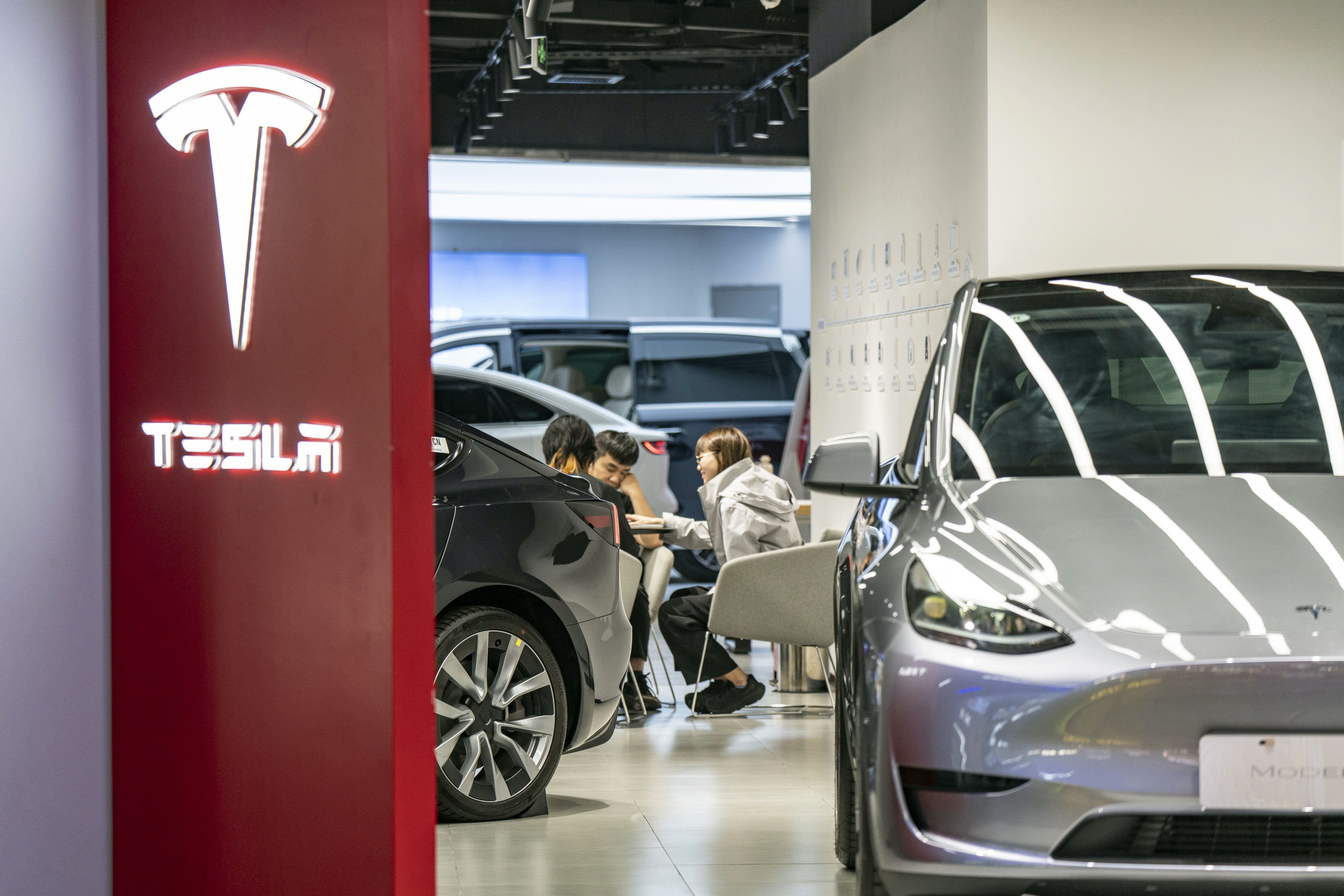
In January of this year I wrote a column about BYU and its imminent takeover of the electric car market on TeslaM in which I documented: “in the final months of 2023, BYD sold more electric cars than Tesla, a remarkable feat that reflects a significant change in the global market.”
The race to lead the electric vehicle (EV) market has reached a new critical point. As Tesla faces new challenges in a rapidly changing environment, marked by increasing competition and the entry of new players like BYD, Apple announced that it will no longer participate in that market and formally ends its project to develop an EV that competes with the leaders. of the industry.
Tesla, the company that once undisputedly led the EV market, has seen its sales stagnate and its innovation slow. Despite maintaining a strong market capitalization, Tesla faces criticism for a lack of significant updates to its best-selling models, the Model Y and Model 3, and for competition that is increasingly capturing more of the market they helped create. In the final months of 2023, Tesla was surpassed in EV sales by BYD, reflecting a significant shift in consumer preferences and market dynamics.
Unlike the competition, Tesla cars already look dated in both their exterior and interior design. But it seems that the problem is not only one of form, but also of substance.
BYD has been a formidable contender, surpassing Tesla in quarterly sales and positioning itself as a leader in battery innovation. By manufacturing its own batteries and controlling the supply chain, BYD has been able to offer more affordable vehicles, broadening its appeal in global markets and among younger consumers. BYD’s strategy not only challenges Tesla’s business model but also redefines the approach towards a more accessible and diversified EV market.
In contrast, Apple has abandoned its autonomous vehicle project, known as “Project Titan,” after nearly a decade of speculation and development. This failure underscores the difficulty of penetrating such a complex and technologically demanding market, even for a company with significant resources. The story of Project Titan is testament that not all tech giants are equipped to revolutionize every industry they attempt.
Looking ahead, the EV industry continues to evolve rapidly. Global investments in energy transition technologies now exceed investments in fossil fuels, an indication that the direction of the market favors sustainable solutions. Despite current challenges, such as high interest rates affecting the financing of new vehicles, the EV market continues to expand, with an expected 20% increase in global sales this year.
This scenario offers both opportunities and warnings for the companies involved. For Tesla, the challenge is to renew itself and respond to the demands of a market that is no longer happy to continue as it is. For new players like BYD, the challenge is to maintain momentum and sustainably expand into new markets. Not for nothing, yesterday, Tesla CEO Elon Musk unexpectedly arrived in Beijing to discuss the implementation of the software autonomous driving and data transfer abroad.
The evolution of the EV market reflects a combination of technological innovation, changes in global policy and consumer expectations towards greener and more accessible products. As companies like Tesla look to redesign and revitalize their approach, the spectrum of competitors like BYD demonstrates that innovation can come from anywhere, especially from those that not only adapt quickly, but also anticipate and shape the future of mobility. The electric revolution, therefore, is not just a question of who gets there first, but of who can sustain the race towards a more sustainable future.
